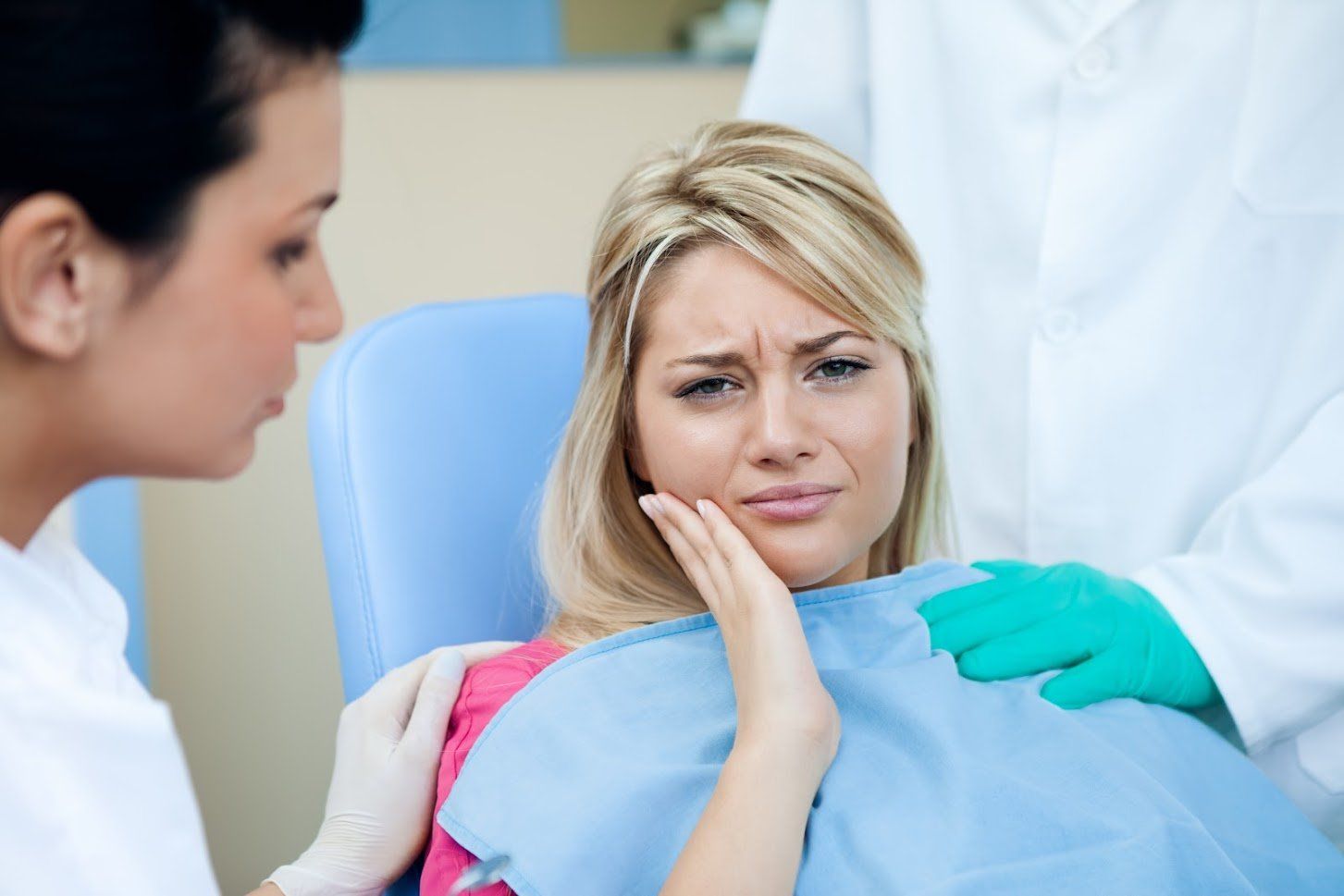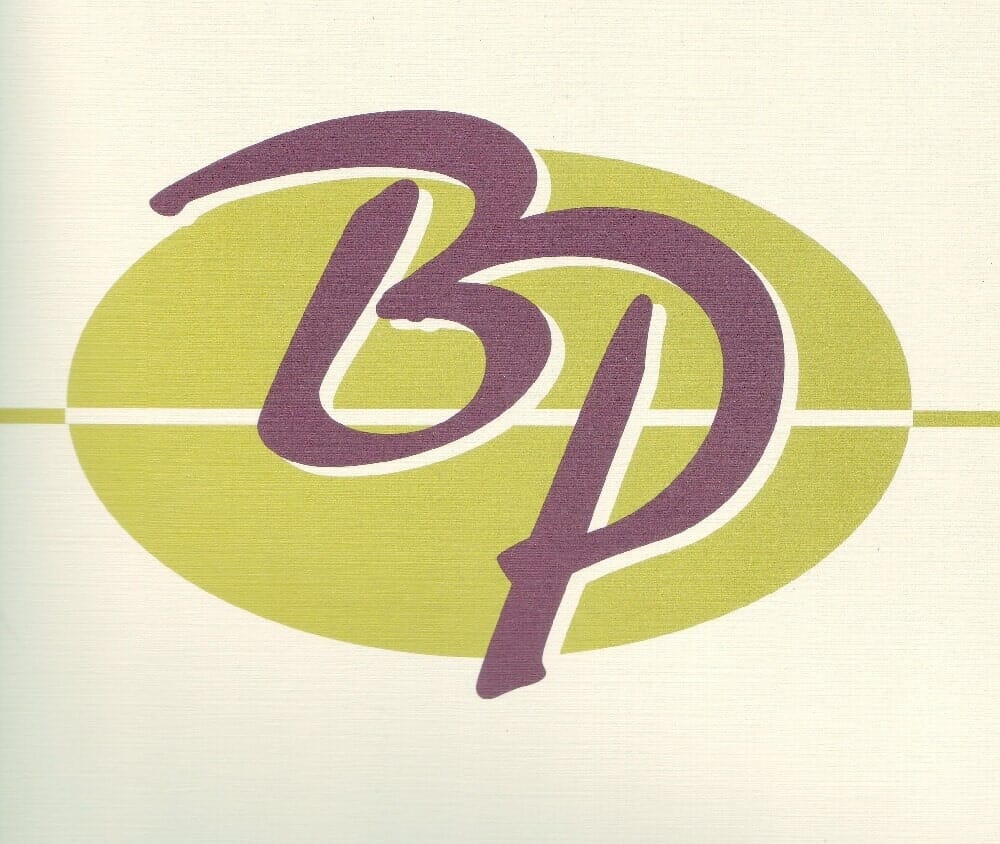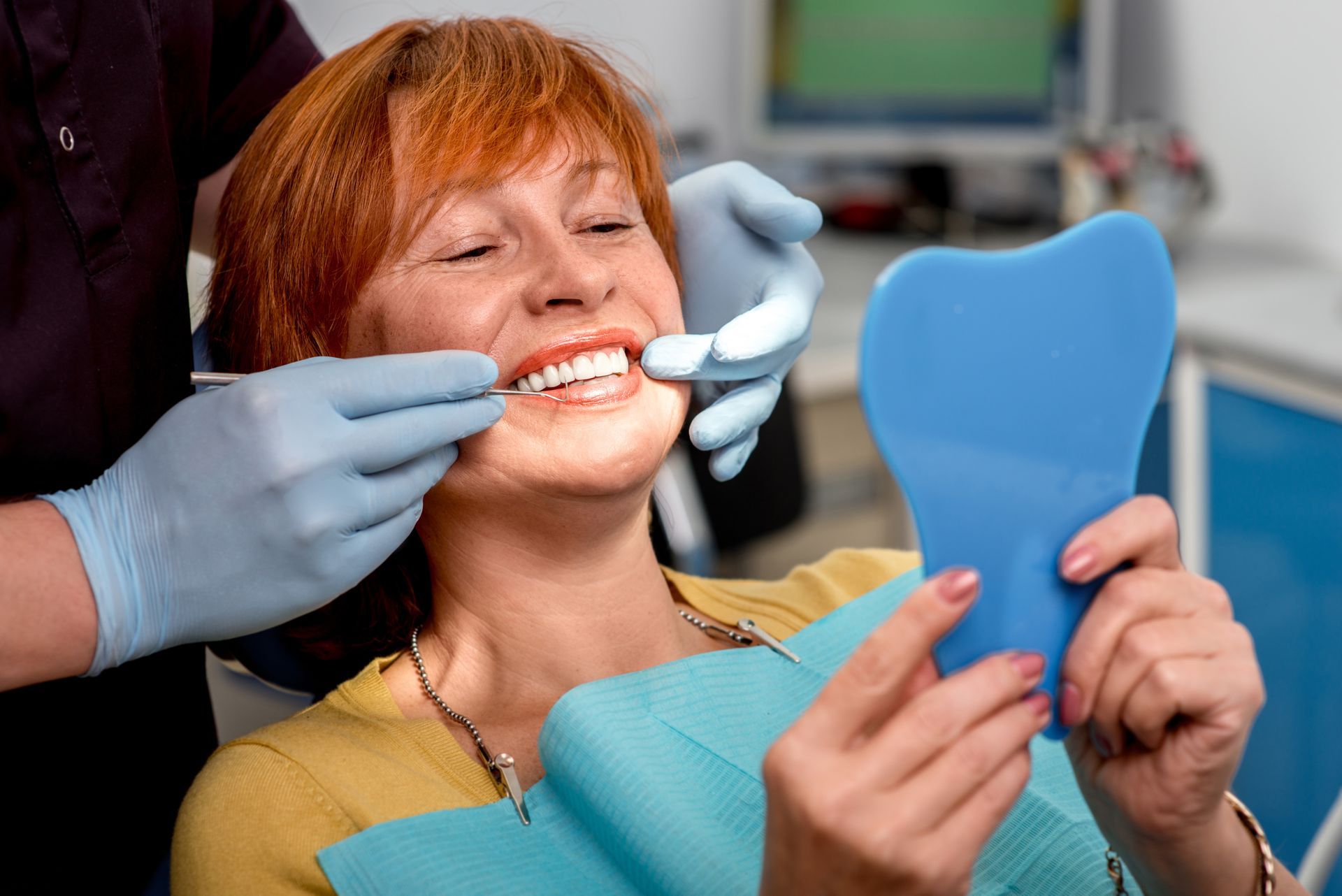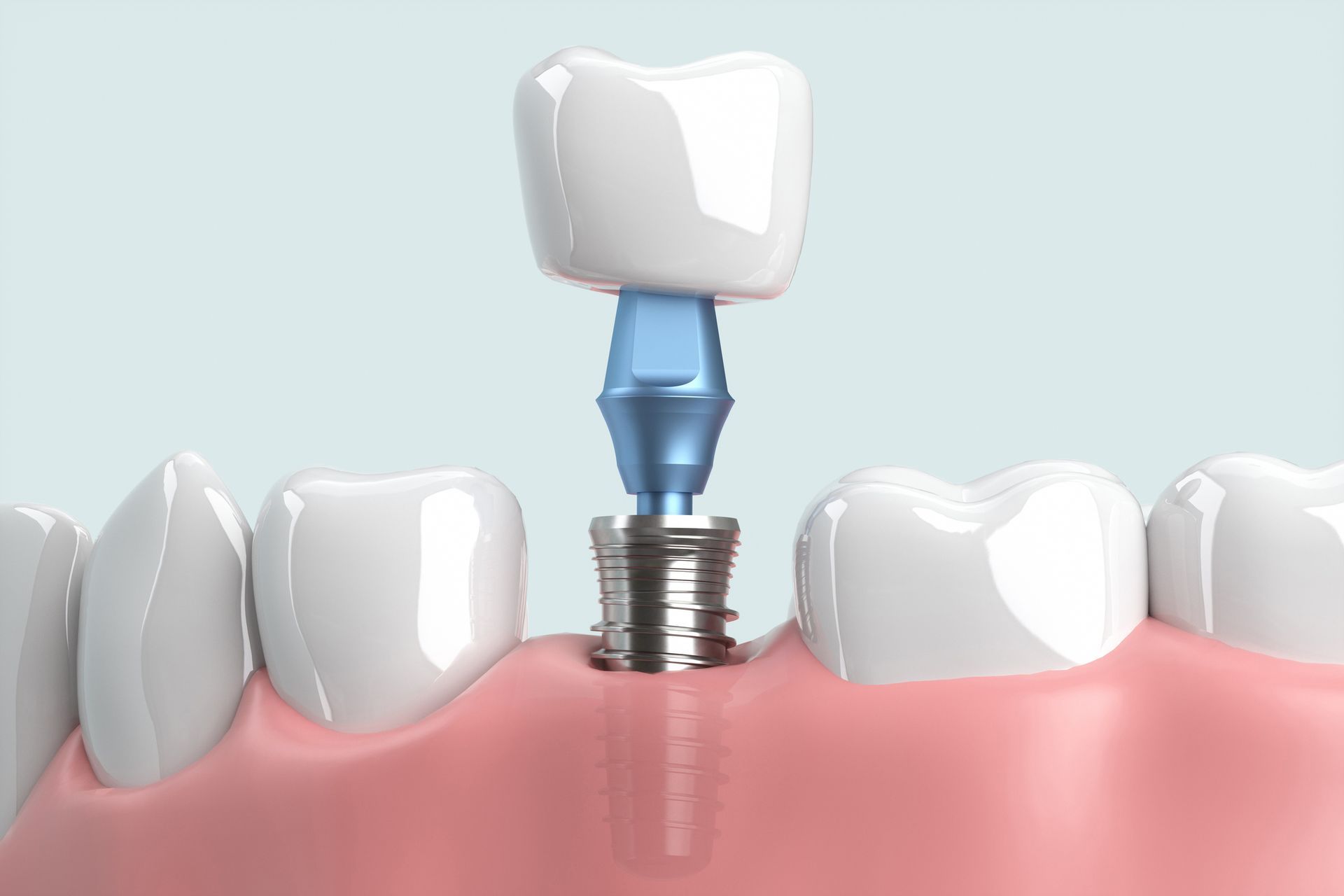5 Dental Emergencies You May Face and How to Handle Them
- By Boostability Team
- •
- 06 Apr, 2022

A dental emergency happens anywhere and at any time, but how you handle it can determine the state of your dental health. Whether the emergency happens while playing a rough sport or after biting a hard candy, address it right away to avoid severe damages that require expensive treatments later on. Acting fast and calling your dentist can save your gum, tooth, or soft tissues and prevent complications.
Below are some dental emergencies and the precautions to take when you're in such a situation.
1. Knocked-Out or Dislodged Tooth
Teeth can be dislodged or knocked-out for many reasons. Actions like walking into a wall or glass door, falling down the stairs, and getting into an auto accident can dislodge or knock out a tooth unexpectedly, but that doesn't always mean you have lost it for good. You can save the tooth and get it transplanted if you act quickly enough. Even if it falls out due to the trauma, your dental expert can still restore it.
Pick up your tooth by the chewing surface, then use clean water to rinse it to eliminate bacteria and loose dirt and place it back into the socket. Let it stay until you see a dentist. If not, put it in a container with milk and bring it for the dental visit. Consider getting to the dentist immediately after the trauma to maximize the chances of saving the tooth.
2. Tooth Infection
See your dentist right away when you realize you have a tooth infection. Tooth infections cause a tooth abscess: pus pockets that form due to bacterial infections. If left untreated, the infection can cause severe health problems by invading the gums and damaging the nerve endings in the jaw.
You'll know the infection is severe if you feel severe pain or have a fever. So, when you start feeling a throbbing or persistent toothache and think it's a dental infection, call your dentist. As you wait for the appointment, you may take over-the-counter drugs for the pain.
3. Jaw Fracture
If your jaw has a fracture or dislocation due to trauma, you will often experience pain, numbness, or swelling. Some people even bleed from the mouth and find it difficult to speak, breathe, or chew. While these symptoms may vary depending on the intensity of the damage, you shouldn't ignore the problem and stay at home.
Instead, seek emergency dental treatment right away. You may apply an ice pack for a few minutes every hour to alleviate pain and ensure the tissues don't get damaged while waiting to see the dentist. Also, don't eat hard or sticky foods or put pressure on the jaw until the dentist examines it.
4. Tooth Cracks or Chips
Your teeth can get a crack or chip when you bite down on hard items, you get into an accident, or you use your teeth for other purposes other than biting and chewing food. Individuals who like clenching or grinding teeth are also susceptible to this problem.
If you notice you have a crack or chip on any tooth, book an appointment with your dentist. Rinse the tooth fragments you collect, preserve them in a container with milk, and then bring them to your dental appointment.
5. Loose or Missing Dental Restoration
If you have a temporary or permanent tooth restoration, it can become loose or even fall out due to a traumatic event. Don't try any do-it-yourself techniques or home remedies to fix dental restorations. Seeing a dentist is always better so they can examine the area for tissue damage before a repair is done.
Whenever dental emergencies happen to you or anyone in your family, seek emergency dental treatment. At Bradley Piotrowski, DDS, MSD, LLC, we are always ready to accommodate clients and offer fast relief from any dental emergency. Call us for the best dental emergency service today!













